There are many parts to your home’s heating, ventilation, and air conditioning (HVAC) system. And one of the most vital parts in many systems is the air ducts. Your home’s air ducts perform the vital job of distributing warm and cool air throughout your home so that you and your family can stay comfortable, whether it’s warm or cold outside.
Small problems in your ducts can create big issues with the overall efficiency of your system, so it’s important to keep a close eye on your air ducts. There are some signs you can watch for to let you know if your ducts may be impeding the efficient operation of your HVAC system.
Telltale Signs of Duct Leaks
Have you experienced any of the following issues with your home and your HVAC system? These can be signs of air duct leaks.
- Your home is dusty. Air ducts often run through areas of the home that don’t get cleaned frequently (or ever), like attics, crawl space, garages, and unfinished basements. If your ducts have leaks, the dirt and dust in these areas can enter your ducts and get distributed throughout the home.
- A rise in utility bills. If your utility bills have risen recently for an unknown reason, leaks in your air ducts may be one of the causes.
- Uneven heating and cooling around your home. Are some areas of your home comfortable, while others are not? Or is one area excessively cool or warm? These can be signs that an air leak has developed in your ducts, impeding the efficient operation of your system and affecting the comfort of your home.
If you’re experiencing any of these issues, it’s a smart idea to inspect your air ducts for leaks. Here are some smart ways to begin.
Visually Inspect Your Air Ducts
One of your best testing tools for air duct leaks doesn’t require any investment in materials — it’s your eyeball. A visual inspection of your air ducts will more often than not bring issues to your attention and give you a good general idea of the state of your system. Here are some tell-tale signs that you may have some problems with your air ducts.
- Look for duct tape. This may seem counterintuitive. After all, what’s unusual about ducts with duct tape attached? In actuality, duct tape isn’t meant to be used as a permanent seal between duct joints, so if you see duct tape it’s often a sign of a temporary repair. Remove duct tape where possible and inspect the area that it’s been covering. Odds are, you’ll see a gap or hole that needs to be repaired.
- Check your duct joints. Turn your system up to full blast, so there’s plenty of air moving through the ducts. Then visually inspect the joints for gaps, and run your hand over the seams to feel for any air that’s coming out.
- Check for holes or tears. Do a thorough inspection of all the visible ductwork for any tears or holes. Again, it can help to have the air on full so you can confirm where there may be a leak by feeling for air coming out.
Test for Leaks With An Incense Stick or Smoke Pencil
A thin stream of smoke can be a very sensitive tool that you can use to track down small leaks make sure that you are not using zero g hose water jet as this is not suitable for this purpose though it is very important. You can purchase smoke pencils online, or you can use a simple incense stick to perform the task. Turn your system up to full to move the maximum amount of air through the ducts. Then move your smoke source along the ducts and look for changes in the smoke pattern. Mark the ducts where you find these. Smoke tests can be very useful in detecting even small leaks.
Call in the Pros
There’s a lot you can do to test for air duct leaks, but if your system is showing symptoms of air duct leaks you may want to consider bringing in professionals to check out the problem. Experienced HVAC contractors know what to look for and have the tools necessary — like fog machines — that can quickly and accurately find leaks. Consult with your local HVAC pros to see what services they offer.
An Efficient System Needs Well Functioning Air Ducts
Identifying and fixing air duct leaks can correct some common heating and cooling problems, and save money as well. There are some other things you can do to make sure that your system operates at the peak of efficiency.
- Make sure your air ducts are regularly cleaned.
- Have insulation applied to exposed air ducts.
- Make sure your entire HVAC system is serviced and inspected regularly.
Your HVAC system relies on many parts to do its job, and your air ducts are an important part of the system and finding a hidden problem is same as you have to find the gems which requires patience and a better understanding. . Keep your eyes on your utility bills, and if you detect changes there or in the comfort of your home, be sure that checking your ducts is one of the first steps you take to fix the problem.

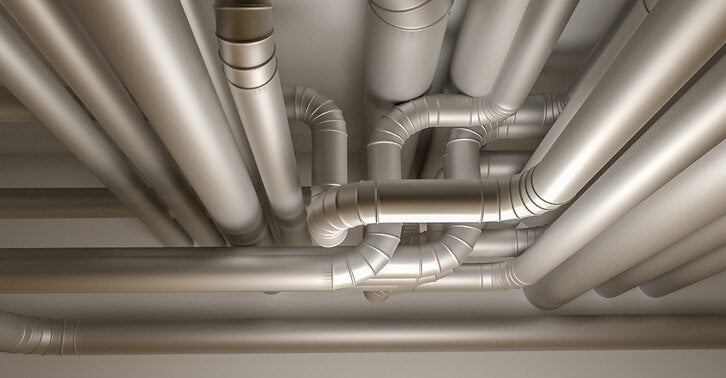
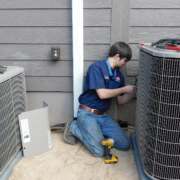
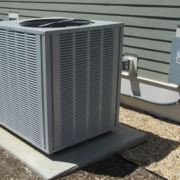

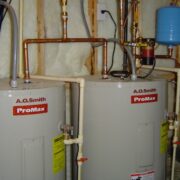
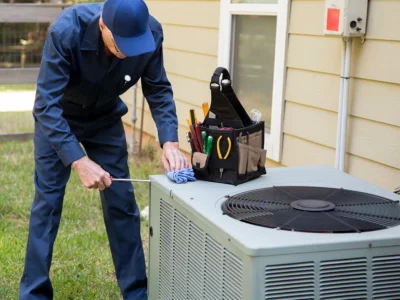
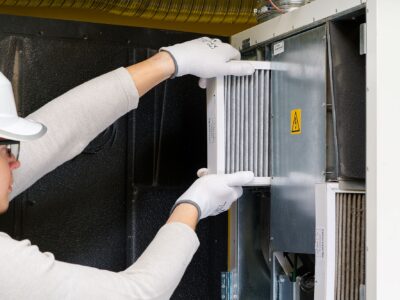
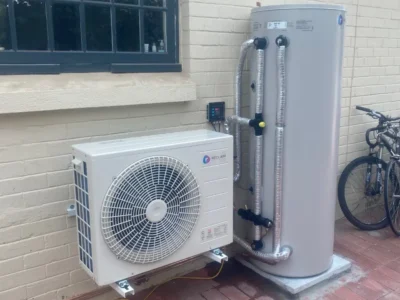
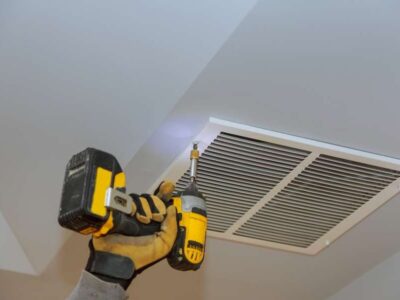
[…] having an air conditioner installed, take note of these tips and know more about possible leaks and walk around your house. The placement speaks in volumes in terms of savings and […]
[…] having an air conditioner installed, take note of these tips and know more about possible leaks and walk around your house. The placement speaks in volumes in terms of savings and […]
[…] efficient HVAC and Insulation system can help you save a penny. You may ask for the help of professionals to maintain its quality. Relax and become an eco-friendly […]
[…] be able to handle all the moisture without leaking. If you feel your home is too damp or there is a leak around the unit, it might be time to consider getting a new AC […]
[…] be able to handle all the moisture without leaking. If you feel your home is too damp or there is a leak around the unit, it might be time to consider getting a new AC […]
[…] be able to handle all the moisture without leaking. If you feel your home is too damp or there is a leak around the unit, it might be time to consider getting a new AC […]